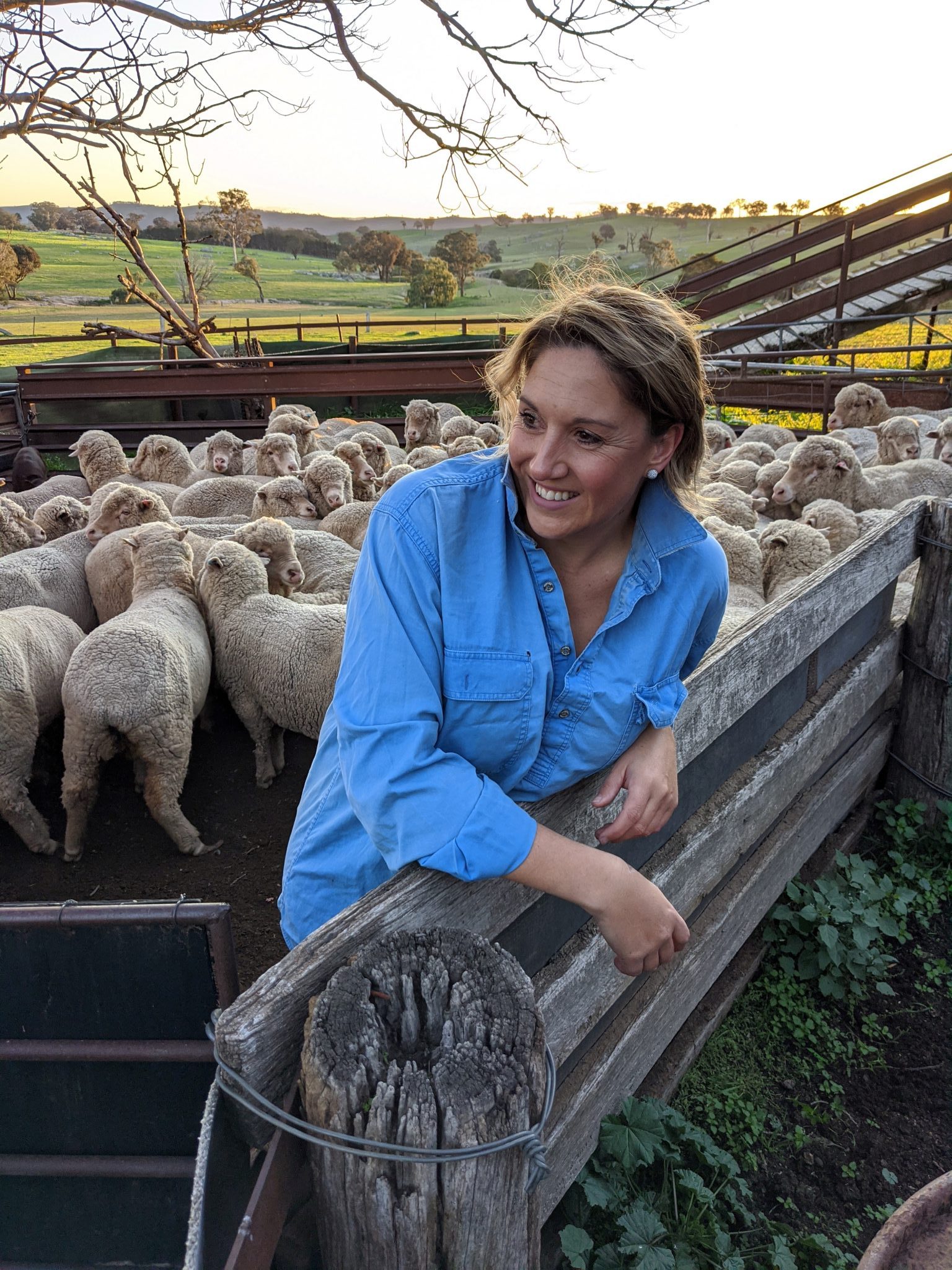Sustainability is back in vogue, the new buzz word that never really went out of fashion. On a personal level, it drives almost every decision we make on our sheep property at Gunning, NSW—stocking rates, pasture selection, water management, genetics, drench rotations, our wool selling and marketing strategy, enterprise mix, health and safety, and innovation and technology adoption, the list goes on…
Supporting producers like us is a vast amount of investment in positive sustainability outcomes by RDCs, industry, NGOs, government and agribusiness. But investment is not the issue, as a sector we are already achieving ambitious sustainability targets, although we can always do more. The challenge is we need better ways to measure sustainability and promote Australia’s strong credentials to keep pace with international expectations.
Australia’s international trade partners are sending increasingly stronger signals that they want to know what our sustainability narrative is. It isn’t enough to be ‘clean and green’, there is an opportunity to stretch beyond this identity to focus on proven sustainability metrics in carbon, soil health and water use, for example. The maturity of Australia’s alignment and reporting against international benchmarks, such as the UN’s Sustainable Development Goals (SDGs), varies considerably by industry—a challenge we must collectively address.
The good news is that much of the work is already being done, we just need to get better at sharing our sustainability story globally in a language markets understand.
At AgriFutures Australia, we released an exciting new study, Telling Australia’s rural industries story, which provides a snapshot of sustainability in Australia’s agricultural, fisheries and forestry industries and how they track against the 17 UN Sustainability Development Goals.
Undertaken by KPMG Australia, the study offers a truly cross-sector analysis of sustainability and suggests there are real benefits to be gained if Australia can gain consistency with its sustainability goals, measurements and global messaging.
Not to be alarmist, but while the latest UN Sustainability Development Report shows that Australia, as a whole, has improved one spot on the 2020 SDG index, now ranked 37 in the world, we are substantially down from a high of 26 in 2017. Perhaps most worrying is that Australia ranks well behind many other developed countries and agricultural trade competitors, such as New Zealand, Canada, and the United States.
Fortunately, the SDGs are just one measure of sustainability, but the goals are increasingly viewed as the internationally accepted language for measuring and reporting business, industry and country-level sustainability credentials. With the sector’s current focus on community trust, food security and environmental stewardship, addressing our collective global SDG position isn’t out of reach—many of our trade exposed industries, shown through the study, are already proactively taking action on behalf of their producers.










